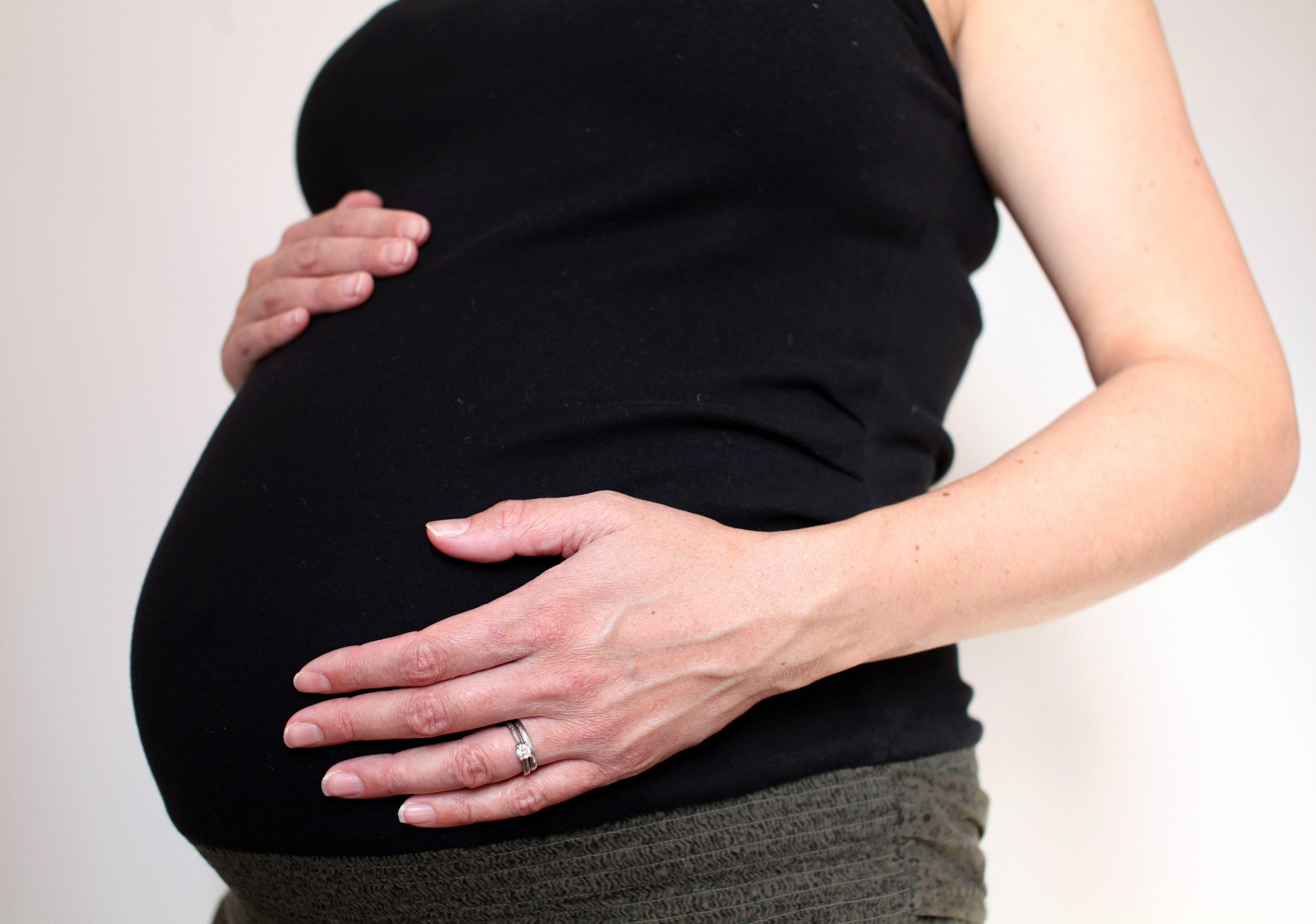Women ‘in dark’ about dangers of taking anti-epilepsy drug while pregnant
‘Change needs to happen now to prevent babies being needlessly harmed and the devastating, lifelong impact this has on families,’ says chief executive of Epilepsy Action

Your support helps us to tell the story
From reproductive rights to climate change to Big Tech, The Independent is on the ground when the story is developing. Whether it's investigating the financials of Elon Musk's pro-Trump PAC or producing our latest documentary, 'The A Word', which shines a light on the American women fighting for reproductive rights, we know how important it is to parse out the facts from the messaging.
At such a critical moment in US history, we need reporters on the ground. Your donation allows us to keep sending journalists to speak to both sides of the story.
The Independent is trusted by Americans across the entire political spectrum. And unlike many other quality news outlets, we choose not to lock Americans out of our reporting and analysis with paywalls. We believe quality journalism should be available to everyone, paid for by those who can afford it.
Your support makes all the difference.Troubling numbers of women are oblivious to the increased likelihood of having a baby with serious birth defects as the result of taking a specific type of anti-epilepsy medication while pregnant.
A study, carried out by charities Epilepsy Action, Epilepsy Society and Young Epilepsy, found one in 10 women currently taking the epilepsy medicine valproate do not know about the potential risk of birth defects if women take it while pregnant.
The survey of 751 British women and teenagers who are taking the medication found almost a fifth do not know the medicine can also potentially cause learning and developmental delays in children if consumed while pregnant.
Researchers estimate one in 10 babies born to women who take sodium valproate while pregnant could have birth defects — with up to 40 per cent being at risk of having developmental issues and learning disabilities.
Simon Wigglesworth, deputy chief executive of Epilepsy Action, said: “It’s simply unacceptable that some women with epilepsy are still in the dark about the dangers of taking valproate in pregnancy.
“Just one woman unaware of the serious impact it could have on her unborn child is one woman too many. With a wealth of resources now available for health professionals to facilitate conversations, there is just no excuse for not explaining the risks to every woman taking valproate.
“Change needs to happen now to prevent babies being needlessly harmed and the devastating, lifelong impact this has on families.”
More than two fifths of women who have epilepsy report having not talked about the risks of taking valproate, a drug that helps control seizures, while pregnant with their doctor or another healthcare worker in the last year.
Researchers also discovered only two-fifths of those polled taking valproate said they had signed an annual risk assessment form — which states they have talked about both the dangers associated with the drug and substitute medication options.
The Medicines and Healthcare products Regulatory Agency altered its rules back in 2018 to recommend healthcare professionals not to prescribe valproate medicine to women with epilepsy of childbearing age unless it is the only type of drug which is effective for them.
Campaigners called for doctors who specialise in epilepsy and GPs to be better at informing patients of the potential dangers of valproate.
The research comes before the Independent Medicines and Medical Devices Safety Review is set to be released on Wednesday. It not only looks at sodium valproate but also two other widely criticised medicines — vaginal mesh and the hormone pregnancy test Primodos.
Join our commenting forum
Join thought-provoking conversations, follow other Independent readers and see their replies
Comments